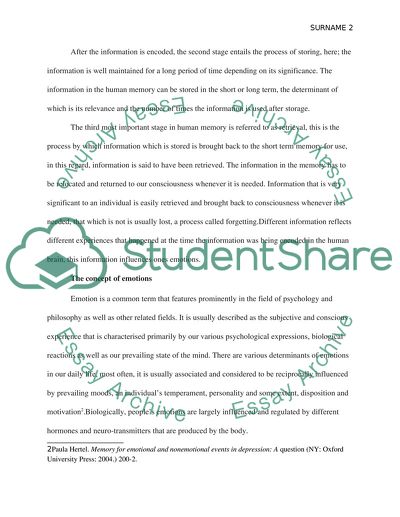Cite this document
(“What Is The Relationship Between Memory And Emotions Essay”, n.d.)
What Is The Relationship Between Memory And Emotions Essay. Retrieved from https://studentshare.org/psychology/1644876-what-is-the-relationship-between-memory-and-emotions
What Is The Relationship Between Memory And Emotions Essay. Retrieved from https://studentshare.org/psychology/1644876-what-is-the-relationship-between-memory-and-emotions
(What Is The Relationship Between Memory And Emotions Essay)
What Is The Relationship Between Memory And Emotions Essay. https://studentshare.org/psychology/1644876-what-is-the-relationship-between-memory-and-emotions.
What Is The Relationship Between Memory And Emotions Essay. https://studentshare.org/psychology/1644876-what-is-the-relationship-between-memory-and-emotions.
“What Is The Relationship Between Memory And Emotions Essay”, n.d. https://studentshare.org/psychology/1644876-what-is-the-relationship-between-memory-and-emotions.


